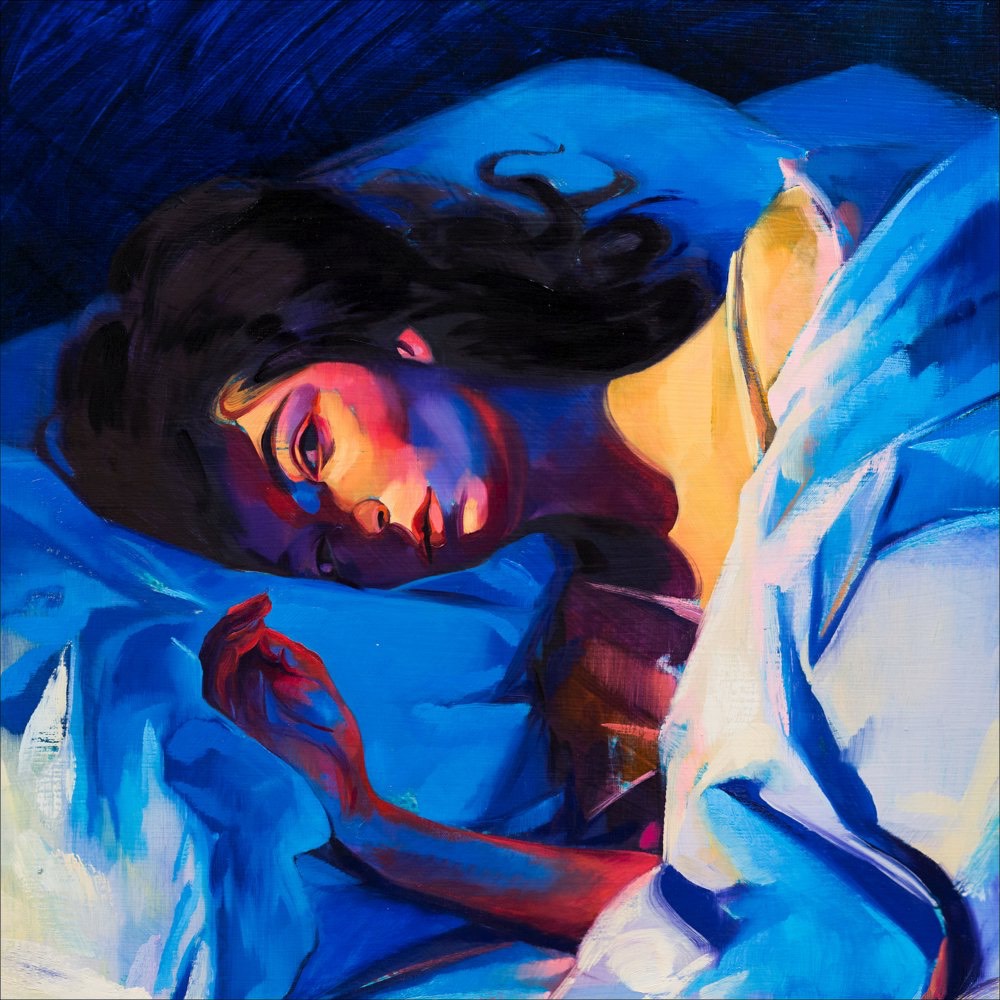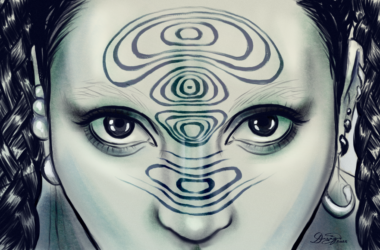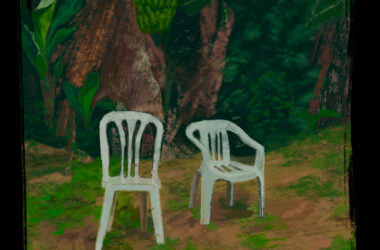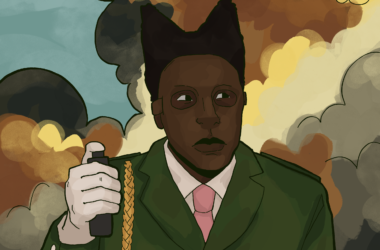It’s easy to trivialize pop music, or dismiss it as something intrinsically lesser than “real music." It can seem banal, and focus on catchiness in lieu of explicit meaning. But those criticisms often miss the point of the genre. At its best, a pop song isn’t about a message, per se, but rather a feeling, wrapped up in a chorus that seems so true to a moment or person or place that you can’t not sing along with it.
Every Top 40 aspirant tries to manufacture that irresistible magic. Regular placeholders like Drake and the Chainsmokers seem to have it down to a science. While a good way to score airtime, such a formulaic approach is also what separates generic radio hits from the likes of pop princess Lorde’s debut album, Pure Heroine—a hypnotizing, shapeshifting gem that made house parties everywhere suddenly uncomfortably introspective.
For her part, the New Zealand artist has expressed not merely a love, but a reverence for the pop genre. And throughout Melodrama, her latest offering, that adoration is alive and well. The result is an exquisite, affecting account of all the heartbreak and hedonism of life at 20-something.
Much like 2013’s Pure Heroine, Melodrama nails that pendulum swing between revelry and restlessness that should be familiar to anyone on the fringe of adulthood, while avoiding the predictability that often weighs down songs about young people partying. That’s largely thanks to Lorde’s exceptional songwriting, which defies conventional pop structure at every turn. Unexpected yet irresistible flourishes–punching horns on “Sober,” “Green Light”’s triumphant piano bridge, a penultimate guitar riff warped to sound like wrenching metal on “Hard Feelings/Loveless”—punctuate beats like Pop Rocks candies that are sometimes watered down, sometimes chased with tequila.
On highlight track “The Louvre,” a soaring hook crops up as giddily and unexpectedly as the crush you didn’t know was going to be at the bar tonight, before the spoken chorus—“Broadcast the boom, boom, boom and make ‘em all dance to it”—pulls it all back, muting the party because you’ve stepped into the bathroom to try and stop blushing.
Thematically, the album is a soundtrack to some bender of a weekend, and all the barely-suppressed emotional baggage that comes with it. Drunken, reckless decisions abound on “Homemade Dynamite,” but hangover and heartache are never far off. “Liability” is a delicate ode to the party girl tired of being cast aside, and sways sad and reflective in the middle of the album’s otherwise humming dancefloor. The contrast is somewhat poignant, but lays on the pure melancholy just a little too thick. Its successor, “Hard Feelings/Loveless,” yanks the heartstrings more effectively. The two-parter narrows the focus from broad heartache to that implosive, painstakingly concealed brand of hurt unique to the era of hook-ups and smartphones–the kind that requires confessions like: “It was real for me.”
The singer-songwriter’s diagnosis of the young adult saga as one big, messy melodrama–building relationships on boozy nights out, agonizing over the punctuation of a text, “how we kiss and kill each other”–is spot-on. Like any good soap opera, being young can be tragic, ridiculous, and, quite often, both at the same time. Cloaking jarringly insightful social commentary in winking, snarky lines like, “I’ll give you my best side, tell you all my best lies / Awesome, right?,” Lorde strikes the balance between comedy and tragedy effortlessly.
And it’s not all anguish–this drama would’ve been cancelled seasons ago if there weren’t at least a few victories now and again. The closing track, “Perfect Places,” is an anthem apt for stumbling out of a house party like a living god, while the sparkling “Supercut” captures the afterglow of a fling never meant to last.
Above all, Lorde’s magnetism lies in her authenticity. She’s not just singing about being young and reckless; at 20 years old herself, she’s right there with you, searching for peace of mind at crowded parties and noisy bars. She reflects on the absurdity of it all with sensitivity, candor, and wry humor–but never condescension. It’s her melodrama, too.








